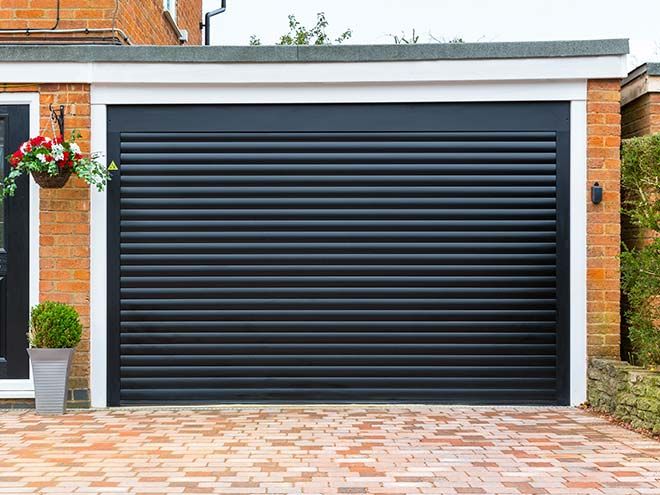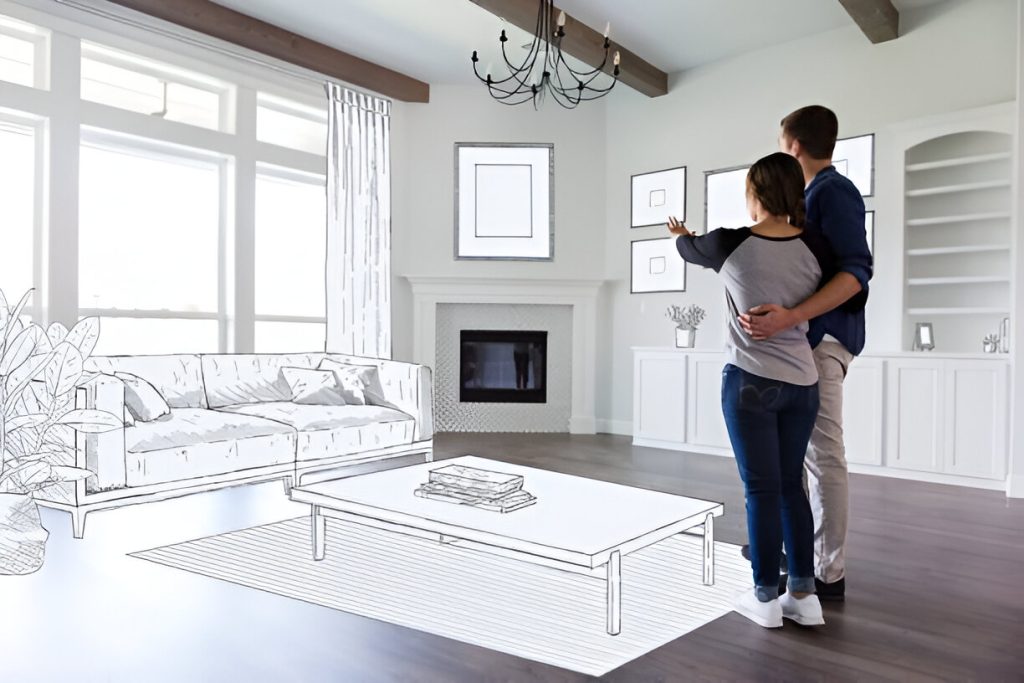Steel, aluminum, fiberglass, wood – each offers unique qualities that could significantly impact your space. By understanding the pros and cons of these materials, you can make a well-informed decision when selecting the ideal roll-up door for your needs. From durability to aesthetics, the material you choose plays a vital role in enhancing both security and functionality. The right material can elevate the overall appeal of your property while ensuring long-term satisfaction.
Roll Up Doors Materials Overview
What materials are commonly used in the construction of roll-up doors? When considering roll-up doors, material durability is a crucial factor. Steel doors are renowned for their durability, providing long-lasting security and protection. In terms of cost comparison, while steel doors might have a higher upfront cost, their longevity often makes them a cost-effective choice in the long run. Furthermore, steel is highly recyclable, which can reduce the environmental impact of the door’s production and disposal.
Design flexibility is another key aspect to consider. Steel roll-up doors come in various styles and finishes, offering customization options to suit different aesthetic preferences. Installation considerations are essential when choosing a material; steel doors, although durable, can be heavy and may require professional installation. Ensure proper support structures are in place to accommodate the weight and movement of the door. These factors collectively contribute to the overall performance and suitability of roll-up doors for your specific needs.
Common Roll Up Door Materials
When considering common roll-up door materials, it is essential to prioritize durability and design flexibility for optimal performance and customization options to suit various requirements. Material durability is a key factor to ensure longevity and resistance to wear and tear, especially in high-traffic areas. Weather resistance is crucial for withstanding harsh elements and maintaining structural integrity over time. Cost comparison among different materials can help you find a balance between quality and affordability based on your budget constraints. Design flexibility allows for customization to match your specific aesthetic preferences and functional needs. Additionally, considering the environmental impact of the materials used can help you make a sustainable choice that aligns with eco-friendly practices. By evaluating these factors closely, you can select a roll-up door material that meets your criteria for durability, weather resistance, cost-effectiveness, design flexibility, and environmental consciousness.
Factors Influencing Material Choice
Factors influencing the choice of roll-up door materials encompass durability, environmental considerations, cost-effectiveness, and customization options to meet specific requirements effectively. When evaluating the material for your roll-up door, a cost-effectiveness comparison is vital to ensure the chosen material aligns with your budget while offering the required durability. An environmental impact assessment is crucial to understand the sustainability of the material and its implications. Additionally, an aesthetic appeal analysis may be necessary to match the door with the overall look of the building. Durability evaluation is key to determine if the material can withstand the intended usage conditions. Lastly, exploring customization options allows you to tailor the door to your specific needs, whether for residential or commercial use. By carefully considering these factors, you can select a roll-up door material that fulfills your requirements efficiently.
Benefits of Different Materials
Different materials used for roll-up doors offer unique benefits tailored to specific requirements and environments. When considering the material for your roll-up door, it is essential to weigh the pros and cons, durability, cost, design options, and environmental impact. Here are the benefits of different materials:
- Steel:
- Pros: Known for its durability and strength, providing excellent security.
- Cons: Can be susceptible to rust if not properly maintained.
- Durability Comparison: Steel doors are highly durable and suitable for high-traffic areas.
- Cost Analysis: Initial cost might be higher, but long-term durability makes it cost-effective.
- Design Options: Available in various styles and finishes to suit different aesthetics.
- Environmental Impact: Steel is recyclable but may have a higher environmental footprint during production.
- Aluminum:
- Pros: Lightweight, resistant to corrosion, and low maintenance.
- Cons: Less durable compared to steel, more prone to dents.
- Durability Comparison: Aluminum doors are suitable for moderate to low usage applications.
- Cost Analysis: Moderately priced, offering a good balance between cost and durability.
- Design Options: Sleek and modern designs available in various colors.
- Environmental Impact: Aluminum is recyclable and has a lower environmental impact compared to some other materials.
- Wood:
- Pros: Offers a traditional and elegant look, great for residential applications.
- Cons: Requires regular maintenance to prevent warping or rotting.
- Durability Comparison: Wood doors are less durable than steel or aluminum and may be prone to damage.
- Cost Analysis: Initial cost can vary based on wood type, but maintenance costs should be considered.
- Design Options: Provides a classic and customizable appearance.
- Environmental Impact: Wood is a natural material but may not be as sustainable as steel or aluminum.
Maintenance Tips for Various Materials
To ensure the longevity and optimal performance of your roll-up door, regular maintenance is essential for each material type utilized. Here are some maintenance tips for various materials commonly used in roll-up doors:
| Material | Maintenance Tips | Cleaning Techniques |
|---|---|---|
| Steel | Apply lubricant to prevent rusting. | Wipe with a mild detergent and water. |
| Aluminum | Inspect for dents and repair promptly. | Use a non-abrasive cleaner for shine. |
| Wood | Seal regularly to enhance weather resistance. | Sand and repaint for a fresh look. |
| Material | Weather Resistance | Cost Effective Options |
|---|---|---|
| Steel | Highly resistant to harsh weather conditions. | Offers long-term value for the price. |
| Aluminum | Resistant to corrosion and ideal for coastal areas. | Initial investment pays off over time. |
| Wood | May require more maintenance in humid climates. | Affordable but needs regular upkeep. |
| Material | Aesthetic Appeal |
|---|---|
| Steel | Modern and industrial look. |
| Aluminum | Sleek and contemporary appearance. |
| Wood | Classic and warm aesthetic. |
Safety Considerations for Material Selection
Ensure the safety of your property and occupants by carefully considering the material selection for your roll-up door based on specific safety requirements and potential hazards posed by different materials.
- Safety Considerations: Evaluate the material’s resistance to fire, impact, and extreme weather conditions to ensure the door can withstand potential risks.
- Durability Factors: Assess the longevity and maintenance requirements of each material option to choose a durable and long-lasting roll-up door.
- Environmental Impact Assessment: Consider the eco-friendliness of the material, its recyclability, and sustainability aspects to minimize the door’s impact on the environment.
Choosing the Right Material for You
When selecting the appropriate material for your roll-up door, it is crucial to consider its durability, security features, and compatibility with your specific application requirements. Material durability is a key factor in your decision-making process. Steel doors are known for their longevity and robustness, providing excellent security for your property. Conduct a cost comparison between materials to ensure you are getting the best value for your investment. Weather resistance is another vital aspect to evaluate, especially if your door will be exposed to harsh elements. Consider materials like aluminum or fiberglass that offer high weather resistance. Additionally, aesthetic appeal may be important to you; wood doors can enhance the overall look of your property. If eco-friendliness is a priority, explore options such as doors made from sustainable materials or those with energy-efficient properties. By carefully weighing these factors, you can select the right material that meets your needs effectively.





